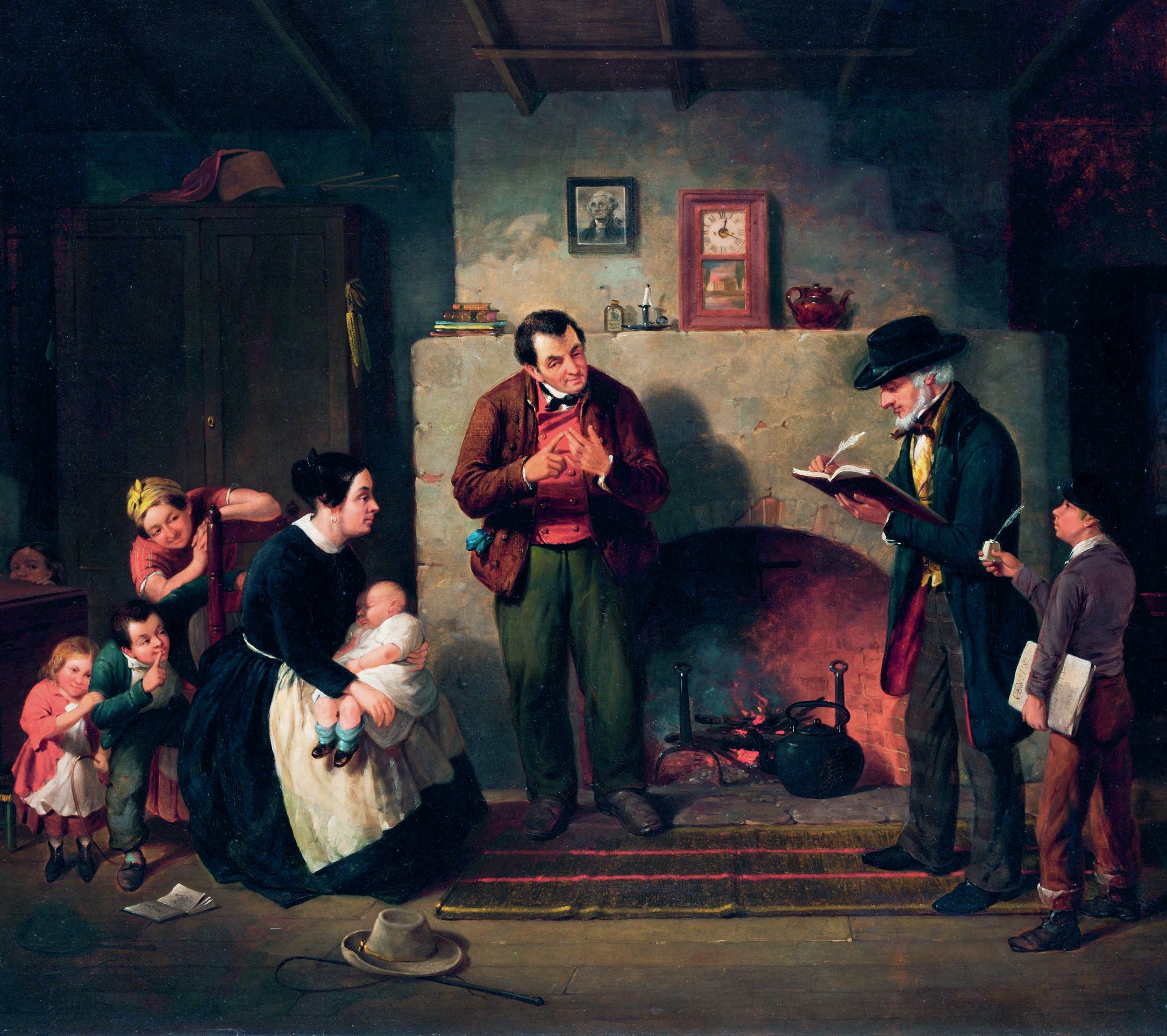
History as an academic subject has many branches. One of those specialist branches is economic history. Because economic historians focus on numbers, seek to plot trends and generally take a quantitative approach to the past, it is often regarded as less accessible. However, even if you do not like numbers and do not study economic history under this label, it is likely that the topics you do study are informed by the work of economic historians.
First and foremost, economic history looks at what drives the material underpinnings of life. A group of people may not have engaged in buying and selling but their members still required food, water and shelter, and these basic needs had to be provided for through some form of work. The larger and the more complex a society became, the more likely it is that it developed more and more abstract forms of exchange to distribute wealth among its members. It follows that no matter what other aspect of the past you study, the economic context will have had a bearing on it.
Your organisation does not have access to this article.
Sign up today to give your students the edge they need to achieve their best grades with subject expertise
Subscribe




